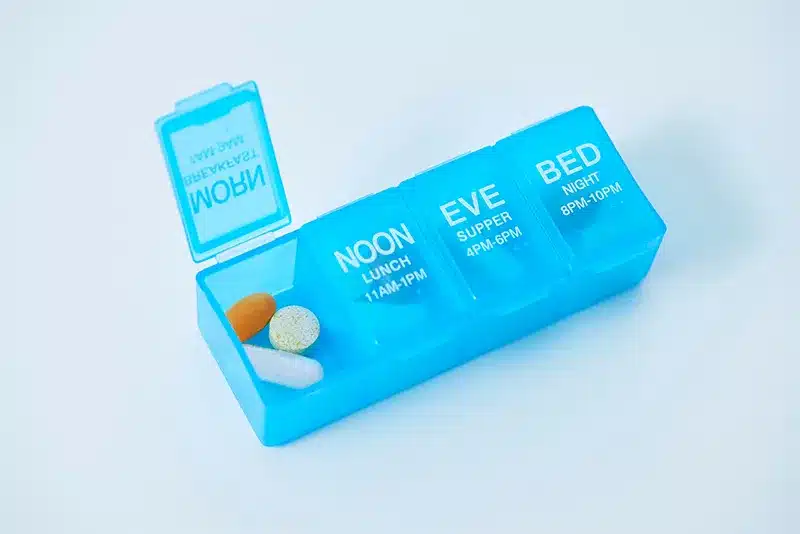Medications for Insomnia
Insomnia Medications Specialist in Colorado

Medications Available
Benzodiazepine Receptor Agonists (BRZAs)
These are an older type of medications that cause sedation, muscle relaxation, and can lower anxiety levels. BZRAs can put you at risk for drug use disorder, especially when used along with certain other drugs, alcohol or street drugs. Additionally, BZRAs may cause dependence. Lowering the dose of the drug or stopping suddenly may cause withdrawal which can be life threatening. They also tend to take longer to wear off (half-life 6-73 hours), so you may still be sleepy in the morning. In the United States, those approved to treat insomnia include:
-
Quazepam (Doral)
-
Triazolam (Halcion)
-
Estazolam (ProSom)
-
Temazepam (Restoril)
-
Flurazepam (Dalmane)
Nonbenzodiazepines (Z-drugs)
These medications are similar to benzodiazepines as they bind to similar receptors in the brain. They tend to have fewer side effects compared to benzodiazepines because they work more in the sleep centers and less on other areas of the brain.
-
Zaleplon (Sonata): Primarily used for difficulties with sleep onset as it has a short half-life (approximately 1 hour). It has a lower risk of next-day sedation but may be less effective for maintaining sleep.
-
Zolpidem (Ambien): Effective for initiating sleep, with immediate-release forms aiding sleep onset and extended release forms (Ambien CR) assisting with sleep maintenance. Also available as a dissolving tablet (Intermezzo) to be used for middle of the night.
-
Eszopiclone (Lunesta): Primarily used for disorders of sleep onset and maintenance insomnia. May cause next-day drowsiness.
Dual Orexin Receptor Antagonists (DORAs)
This group of medications works by blocking a brain chemical called orexin. Under normal conditions orexin helps you stay awake. The most common side effect is drowsiness the next day. Recommend caution to be taken because morning drowsiness can affect driving safety, job performance, and decision-making.
-
Suvorexant (Belsomra): Approved for both sleep onset and maintenance insomnia. It may be associated with lower risk of dependence compared to traditional hypnotics.
-
Lemborexant (DayVigo): Efficacious in reducing time to sleep onset and increasing total sleep time.
-
Daridorexant (Quviviq): Shown to improve both nighttime symptoms and daytime functioning in individuals with insomnia, with relatively short half-life that may reduce next-day residual effects.
Anti-Depressants with Sedative Properties
Helpful for people having difficulty staying asleep throughout the night.
-
Trazodone (Deseryl): At low doses causes sedation. May cause next day drowsiness.
-
Low-dose Doxepin (Silenor): Can be used to treat depression but typically at higher doses. In addition to sleepiness, it can cause nausea.
Melatonin Receptor Agonists
This works similarly to melatonin, a hormone regulating the sleep-wake cycle. Works best for people who have difficulty falling asleep. Unlikely to be habit forming or cause morning sleepiness. Side effects may include dizziness, fatigue, and nausea.
-
Ramelteon (Rozarem)